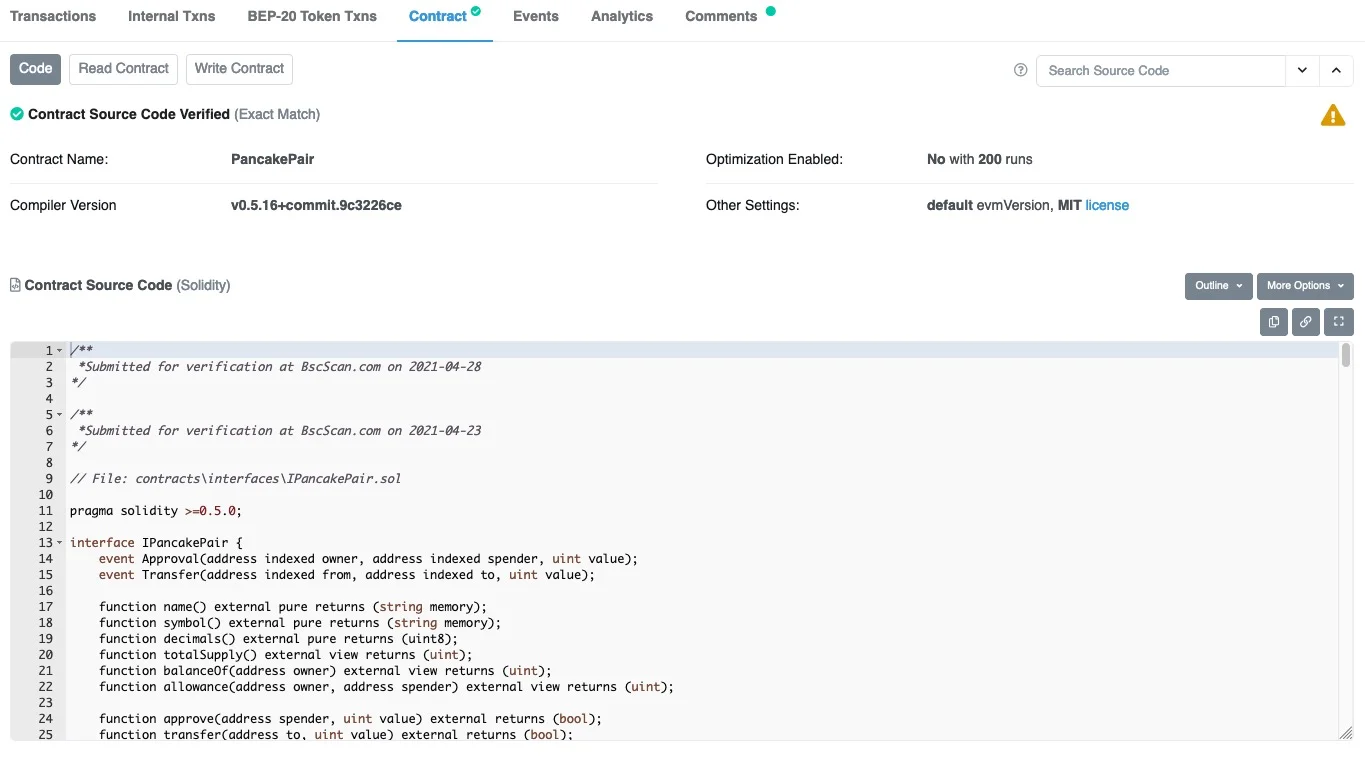Learn what is a smart contract and why it’s gaining popularity in various industries. Our guide explains how smart contracts work and their potential for transforming business.
Smart contracts are a new type of computer program that have gained popularity. While traditional contracts are typically written on paper and enforced by a court system, smart contracts are self-executing and enforceable through code. In this article, we will explore what a smart contract is, how they work, their use cases, and challenges.
What is a smart contract – definition
A smart contract is a self-executing computer program that is stored on a blockchain. It is designed to automate the process of negotiating, verifying, and executing an agreement between two or more parties.
Smart contracts can be used for a variety of purposes, including financial transactions, real estate, supply chain management, and more.

How do smart contracts work?
Smart contracts use blockchain technology to ensure that they are secure, transparent, and tamper-proof. When a smart contract is created, it is stored on a blockchain and programmed to automatically execute when certain conditions are met. The conditions and rules of the smart contract are agreed upon by the parties involved in the agreement and are written into the code.
Once the conditions of the smart contract are met, it is automatically executed, and the terms of the agreement are fulfilled. Because smart contracts are self-executing, there is no need for a middleman or a third party to verify the agreement, reducing the costs and time needed to complete a transaction.
Use cases for smart contracts
Smart contracts have numerous applications in various industries. In finance, smart contracts can be used for trading, lending, and insurance. Real estate can use smart contracts to automate the process of buying and selling property. Supply chain management can use smart contracts to track products from the manufacturer to the consumer, ensuring transparency and efficiency.
One example of a smart contract application is in the management of royalties for musicians. By using a smart contract, royalties can be automatically distributed to the correct parties, reducing the need for a middleman or a complicated legal process.
Challenges and limitations of smart contracts
While smart contracts offer many benefits, there are also challenges and limitations to their use. One challenge is the legal recognition of smart contracts. Many jurisdictions do not yet recognize smart contracts as legally binding, which can limit their use.
Another challenge is programming errors. If a smart contract is not programmed correctly, it can lead to unexpected results, such as lost funds. Additionally, scalability is a concern as the number of smart contracts on the blockchain grows, there is a need for the network to be able to handle the increased load.
Future of smart contracts
Despite these challenges, the potential for smart contracts is significant. As more industries adopt blockchain technology, the use of smart contracts is likely to increase. Smart contracts have the potential to reduce the need for middlemen, improve efficiency, and increase transparency.
In the future, advancements in smart contract technology may lead to new applications and use cases. For example, smart contracts could be used to create more sophisticated financial instruments or to automate the process of voting in elections.
Conclusion
In conclusion, smart contracts are a new and innovative way to automate and enforce agreements between parties. They have numerous applications in various industries and offer many benefits, such as increased efficiency, transparency, and security.
Understanding what a smart contract is and how it works is essential for anyone looking to leverage the benefits of blockchain technology and decentralized finance.